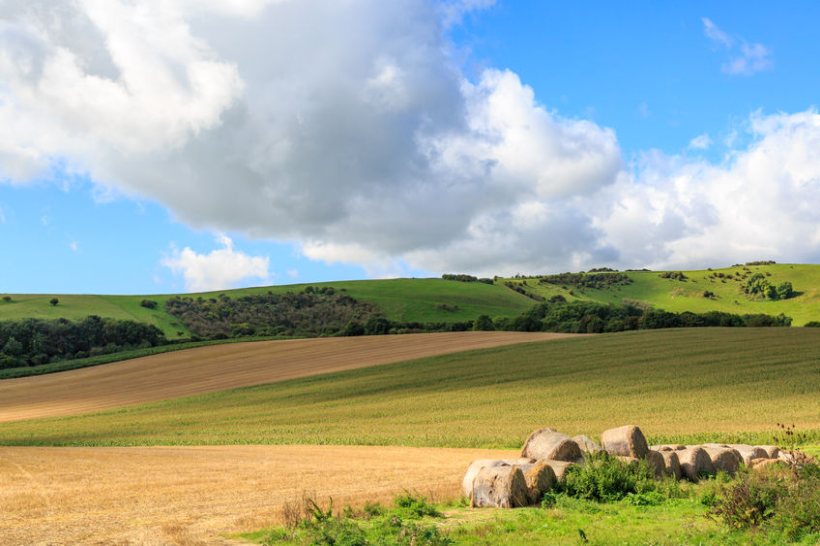
An Australian code of practice for autonomous crop equipment could be adapted for UK use, agri-tech experts have suggested.
The draft Australian Code of Practice for Autonomous Crop Equipment focuses on operational hazard control, vehicle transport between fields, pesticide application and incident reporting, among others.
In Australia, a 'Code of Practice' is admissible in court and shows that an employer or company has complied with best practices.
A recent discussion involving 50 agri-tech experts focused on how a similar Code of Practice could be adapted to UK conditions.
The virtual discussion, organised by the Global Institute for Agri-Tech Economics at Harper Adams University (HAU), took place on 2 December.
“The Code of Practice is a surrogate for regulation that is industry developed,” explained Dr Rohan Rainbow who led the development of the Australian Code of Practice for Grain Producers Australia (GPA).
Other partners in the code development were the Society of Precision Agriculture Australia (SPAA) and Tractor and Machinery Association of Australia (TMA).
“Autosteer has been widely adopted in Australia, so farm equipment is already operating almost autonomously. The question is when we are going to flick the switch and make them completely autonomous,” he said.
“Autonomy will unlock new ways of farming just as no till and controlled traffic has done for us. It will allow us to do things in the farm business that no one would have the patience to do normally.”
Dr Rainbow clarified that the Code of Practice was for in-field, on-farm use of autonomous equipment only, not for use on public roads.
It was not intended for drones, remote controlled equipment, forestry machines or stationary irrigation, drying or processing equipment.
The Code was based on the Autonomous Mining Equipment Code of Practice developed in 2015 and accepted by the Western Australia government.
Dr Rainbow said that they hope to share the final version of the agricultural Code of Practice in early 2021.
Kit Franklin, an HAU Engineering Senior Lecturer, said there were a total of 700 standards which could be applied to autonomous vehicles.
"Clearly this is a cluttered environment and a challenging environment in which agriculture has to fit,” he said.
Most of those standards focus on the design of robots and autonomous equipment, not on the use and operation of those machines.
“We need to develop a code under which we can operate that is reasonable and helps farmers adapt to this innovation.
"It should expect a level of responsibility by the public who enters our environment,” Mr Franklin explained.
“In the UK there is already the Countryside Code which asks visitors to respect, protect and enjoy the countryside.
"With a specific mention under the respect category that visitors must leave machinery and livestock alone.
“We should move before we are imposed upon by those who didn’t understand agricultural interests. If standards were imposed that were wrong, that could be detrimental to the industry,” he said.
Because the UK agricultural conditions differ substantially from those in Australia, the discussion among the 50 participants focused on how a Code of Practice could be adapted to UK conditions.
Several participants commented that the rules should differ for large autonomous machines and small robots, as large equipment would have a much greater potential for causing harm in the relatively densely populated British countryside than small machines.
There was agreement on the need for a UK code of practice to provide a framework for British autonomous farm equipment manufacturers, vendors and users.
Professor Lowenberg-DeBoer, economist with the Hands Free Farm project at HAU, noted that this framework should be consistent with international standards to provide British manufacturers with easier access to the export market.
Some participants advocated contributing to one of the existing autonomous vehicle legal and regulatory efforts, such as the autonomous off-road vehicle project led by the Transport Research Laboratory (TRL), while others felt that agriculture needed its own framework.
“Harper Adams is ready to do its part in development of guidelines for autonomous equipment in the UK,” Prof Lowenberg-DeBoer said.
